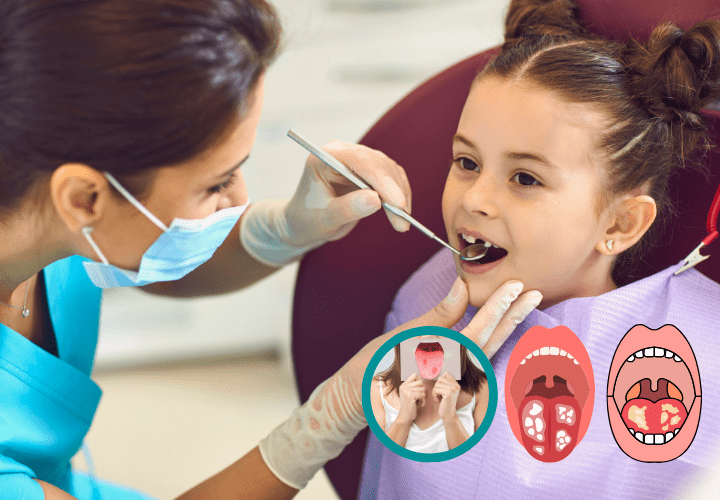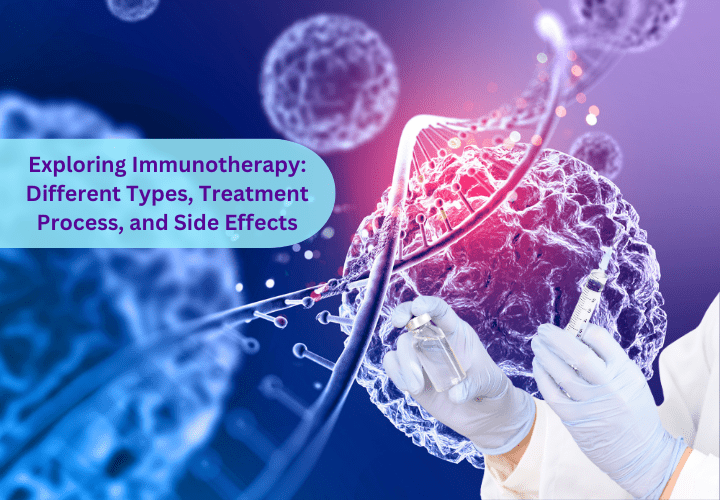Screening can reduce the chances of cancer

Screening can reduce the chances of cancer
- onco
- September 16, 2024
The phrase ‘prevention is better than cure’ has a stronghold in the medical community, particularly when it comes to cancer. It’s critical to comprehend how early detection can change the game as we go deeper into the field of cancer prevention and the function of screening. Screening is essential for lowering cancer risks and enhancing patient results when searching for the best oncology hospital in Delhi. The importance of cancer screening is discussed in this comprehensive guide, along with how it can drastically change the course of cancer treatment and survival.
Comprehending Cancer Screening
Tests and examinations are used in cancer screening to find the disease before symptoms manifest. Detecting cancer at an early stage, when it is most curable, is the main aim of screening. Pap smears are used to test for cervical cancer, colonoscopies are used to screen for colorectal cancer, and mammograms are used to screen for breast cancer.
While screening is not infallible and does not ensure that cancer will be discovered, it does significantly improve the likelihood of finding cancer early on, when it is frequently less progressed and more treatable. Early discovery can result in less aggressive therapies and higher survival rates, which has significant advantages.
Place of screening in cancer prevention
- Early Identification and Higher Success Rates –
The possibility of early detection is one of the strongest arguments for routine cancer screenings. Early-stage cancers are usually confined and have not yet spread to other body areas. They are typically easier to cure because of their confined state. For example, early detection of breast cancer is associated with a much greater survival probability than advanced-stage detection. In addition to increasing the likelihood of a successful outcome, early intervention frequently entails less invasive techniques.
- Risk Reduction and Preventive Actions –
Preventive actions can be taken before cancer fully develops thanks to some screening techniques that can detect precancerous diseases or early-stage malignancies. A colonoscopy, for instance, can find and remove colon polyps that might progress to colorectal cancer. Similar to this, routine Pap tests can detect cervix aberrant cells before they develop into cervical cancer. The chance of getting cancer can be decreased by treating certain precancerous diseases at an early stage.
- Customizing Therapy Schedules –
Personalized treatment strategies based on the type and stage of cancer diagnosed can also be facilitated by screening. For example, a biopsy may be necessary to ascertain the precise features of a breast tumour based on the results of mammography. With this knowledge, the best treatment plan may be chosen, one that is customized to the patient’s unique needs.
Effect of Screening on Treatment Decisions
Effective screening is frequently the first step towards receiving the best cancer treatment in Delhi. Prominent oncology facilities in Delhi provide a variety of screening services that are essential for early cancer detection. These kinds of institutions have the knowledge and cutting-edge equipment necessary to carry out thorough screenings and follow-up operations. Such examinations can greatly impact patients’ treatment options by detecting problems early.
- Advanced Instruments for Diagnosis –
Modern diagnostic instruments are used by Delhi’s top oncology institutions to improve the precision of screening tests. Digital mammography and high-definition colonoscopy are two examples of high-resolution imaging methods that offer sharper, more detailed pictures of the body, improving the chance of finding abnormalities early. Furthermore, molecular and genetic testing can assist in identifying people who are more susceptible to developing specific cancers, enabling more focused screening and preventative measures.
- Combining Treatment Plans with Screening –
A thorough treatment plan that includes alternatives like surgery, radiation therapy, chemotherapy, or targeted therapies is frequently incorporated with the results of a screening. The top cancer treatment facilities in Delhi use their knowledge to offer interdisciplinary care. This implies that a coordinated treatment plan that considers the patient’s individual needs is guided by the insights gathered during the screening process.
The Difficulties and Restrictions of Screening
Despite all of its advantages, cancer screening is not without its difficulties. False praising results and screening results that show cancer present when it isn’t can cause needless worry and necessitate more intrusive procedures. On the other hand, false negatives may give rise to a false sense of security and may cause a delay in the detection of cancer.
Similarly, not all malignancies can be effectively screened for. For instance, because pancreatic cancer is asymptomatic in the early stages, it is challenging to screen for. People should thus speak with their healthcare professional about their unique risk factors and the best screening alternatives.
Choosing Wisely About Screening
Individual risk factors, family history, and personal health should all be taken into consideration when deciding whether to get screened for cancer. Having an honest conversation with a healthcare professional about the advantages and drawbacks of screening for various cancer types is critical. Speaking with experts at prestigious oncology institutions can give those looking for advice on the finest cancer treatment in Delhi insightful information about the best screening and preventive measures.
- Individual Risk Evaluation –
Examining variables, including age, genetic predispositions, family history of cancer, and lifestyle choices, are all part of a comprehensive risk assessment. This evaluation aids in figuring out the right age and screening frequency. For example, people who have a family history of breast cancer might need to begin mammograms earlier than people in general.
- Making Informed Decisions –
When it comes to screening, making informed decisions is essential. Patients should consider the advantages of early detection against the drawbacks and dangers associated with screening testing. Medical professionals can advise on the best screening plans based on each patient’s unique situation.
Cancer Screening’s Future
The field of cancer screening is always changing due to advances in research and technology. New techniques like liquid biopsies, which identify biomarkers linked to cancer in blood samples, have the potential to enhance early detection and surveillance. Furthermore, the goal of continuing research into individualized screening methods is to improve the precision and efficacy of screening exams.
Future developments in clinical practice that use new technologies and research findings should enhance the accuracy and accessibility of cancer screening. This development will lessen the overall cost of the illness and improve the capacity to identify cancer at an early stage.
So, the prevention and treatment of cancer are significantly impacted by screening. Screening can lower the need for severe therapies, increase survival chances, and possibly even avoid cancer entirely by detecting it at an early stage. Screening is a crucial first step towards receiving appropriate care for people looking for the best cancer treatment in Delhi. If you are looking for the best cancer treatment in Delhi, then consult Oncoplus, who understands the sufferings of patients struggling with cancer. Our dedicated team and empathetic staff strive daily to make our patients’ experience smooth. Comprehensive screening services are provided by the top oncology facilities in Delhi, which are essential for accurately diagnosing and treating cancer. A proactive approach to cancer prevention is to include routine screenings in your healthcare routine, depending on individual risk factors and medical guidance. The importance of screening in lowering the risk of cancer will only increase as our knowledge and technological capabilities develop, providing promise for improved results and a healthier future.





Leave a Reply